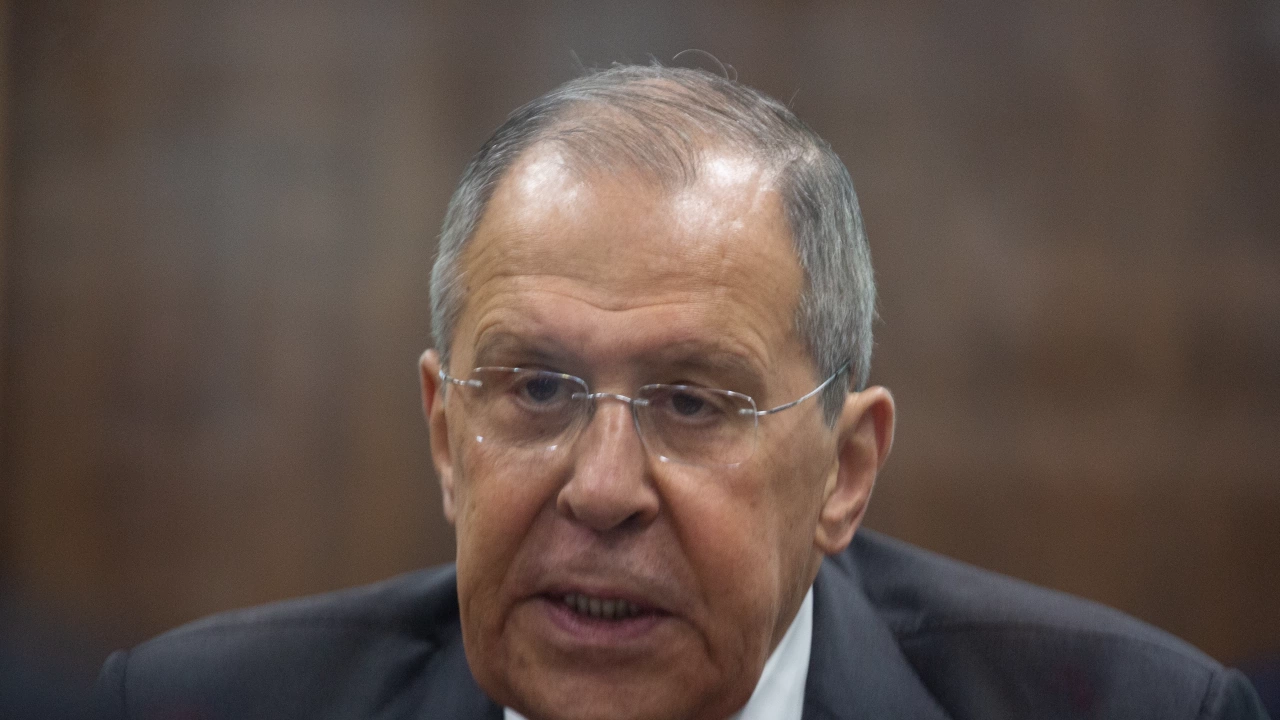Russia will close its permanent representation in NATO, as well as the Alliance’s representation in Moscow, on November 1, Russian Foreign Minister Sergei Lavrov told a news conference.
According to him, NATO has no interest in equal dialogue and joint work with Russia.
Russia to NATO: Buy history books
“As a result of targeted steps by NATO, the necessary conditions for basic diplomatic activity are lacking. In response to NATO’s actions, we are suspending the work of our Permanent Representation to NATO, including the work of the High Representative, most likely from 1 November or a few days later. “later,” Lavrov pointed out.
Lavrov announced that employees of NATO’s military mission in Moscow would be deprived of accreditation from November 1st and that, if necessary, NATO would be able to contact Russia through its embassy in Brussels.
Russia’s top diplomat also announced that the activities of the NATO Information Bureau were coming to an end. The Alliance defines the mission of this bureau as a means of facilitating and improving mutual knowledge and understanding.
In early October, NATO announced it was revoking the accreditation of eight members of the Russian mission in Brussels, accused of being undeclared “Russian intelligence agents.” It was also said that Russia was to blame for the increase in its “malicious activity” in Europe, according to Alliance Secretary General Jens Stoltenberg.
In March 2018, the North Atlantic Treaty Organization decided to revoke the accreditations of 7 members of the Russian mission and expel them from Belgium after the poisoning in the United Kingdom of former Russian spy Sergei Skripal and his daughter.
At that time, the number of accreditations in Russia’s mission to NATO was reduced from 30 to 20. On October 7, 2021, this number was further reduced to ten.
Maybe NATO should buy history books.
Such a post appeared on the Twitter account of the Permanent Representation of Russia to the North Atlantic Treaty Organization, RIA Novosti reported.
The publication in the microblogging system from Moscow commented on information that the Alliance was ready to buy 78,000 sets of winter camouflage, as well as clothes that protect people at temperatures of minus 40 degrees and below. According to Russia, obtaining these complexs would allow NATO to deploy troops in the Arctic.
“Probably the purchase would have purely peaceful purposes. But maybe it is better to buy history books instead of NATO equipment, for example for Stalingrad?” The post said.
The authors of the publication referred to the Battle of Stalingrad (which ended on February 2, 1943). One of the mythologized versions of the Soviet military’s victory is that the Germans, Romanians, Hungarians, Italians, and Croats could not withstand the low temperatures.







